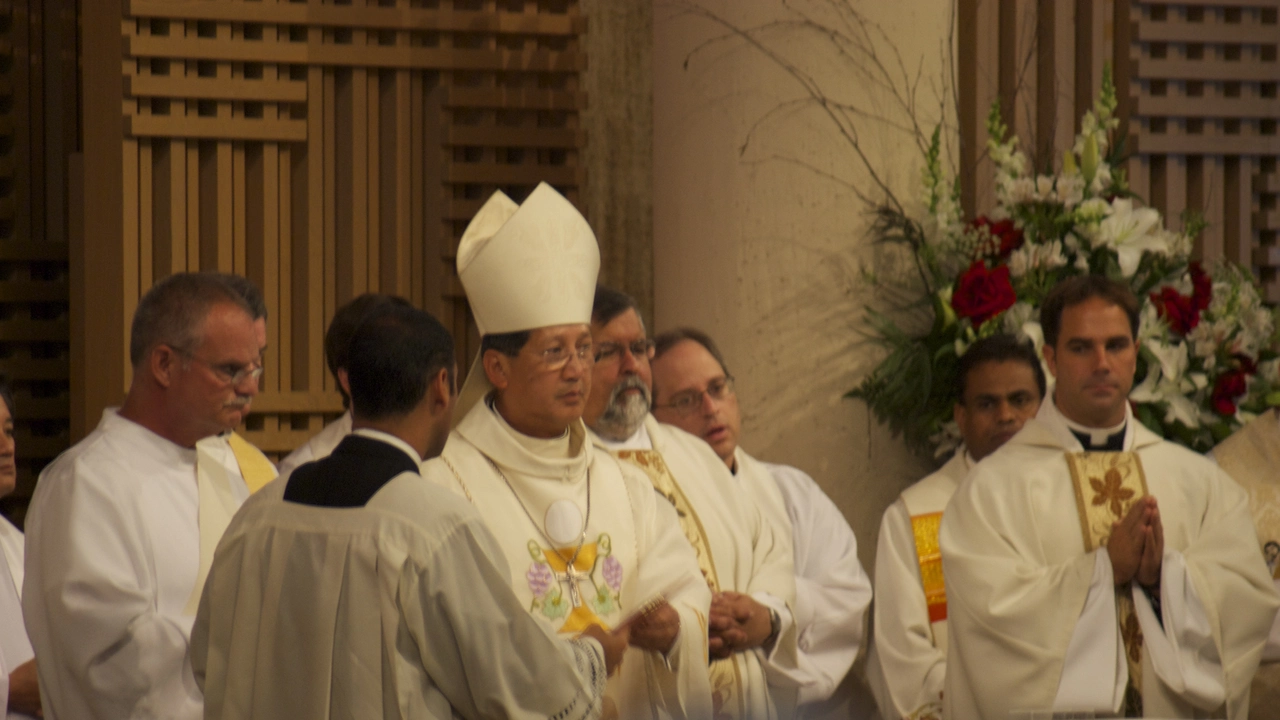Universal Life Church – What It Is and Why It Matters
If you’ve ever Googled "how to become a minister" you probably ran into the Universal Life Church (ULC). It’s a simple, open‑minded group that lets anyone get ordained without a lengthy seminary program. No deep theology exams, just a few clicks and you’re officially a minister.
Founded in the 1960s, the ULC grew out of a desire to give people the freedom to practice their own spiritual beliefs. It’s not tied to a specific doctrine, which is why it calls itself a “universal” life church. That openness makes it popular for weddings, funerals, and other ceremonies where you want a personal touch.
Getting Ordained Online in Minutes
The biggest draw of the ULC is the speed of ordination. You visit the official site, fill in your name, email, and a few basic details, then hit submit. In most cases you receive a certificate instantly, either as a PDF download or via email. No paperwork, no fees (though you can donate if you wish), and you can start officiating right away.
Once ordained, you can legally officiate weddings in most U.S. states and many other countries. The process for registering your credentials with local authorities varies, but many states accept the online certificate without extra steps. It’s always a good idea to check your local county clerk’s website to confirm the exact requirements.
Legal Recognition and Common Misconceptions
People often wonder if a ULC minister is “real” or if the ordination holds any legal weight. The short answer: yes, in most places it does. Courts have upheld ULC ordinations for wedding officiants, and the IRS recognizes them as a religious organization.
One common myth is that you need a traditional seminary degree to be a minister. The ULC deliberately rejects that idea, arguing that anyone should have the right to lead a ceremony if they feel called. This has sparked debate, but the legal system generally respects the freedom of religion, which includes the ULC’s approach.
Another concern is whether ULC ministers can perform other rites like baptisms or funerals. The answer is a clear yes – the church’s open doctrine means you can conduct any ceremony you feel comfortable with, as long as you follow any local legal requirements.
Some critics say the ULC is “too easy” and lack seriousness. While the process is straightforward, many people value the flexibility and inclusivity it offers. Whether you’re a friend officiating a wedding or someone starting a new spiritual path, the ULC provides a low‑barrier entry point.
If you decide to become a ULC minister, consider creating a personal website or social media page to advertise your services. Many newly ordained ministers offer packages for wedding ceremonies, vow renewals, and memorial services. Clear communication about fees, location, and what you’ll provide helps set expectations and builds trust.
Remember, the core idea behind the Universal Life Church is freedom – the freedom to celebrate life’s milestones in a way that feels authentic to you and the people you serve. It’s an invitation to step into a role that can be both meaningful and legally recognized, all without the hassle of traditional ordination routes.
So, if you’ve been thinking about leading a wedding, performing a ceremony, or simply exploring a new spiritual avenue, the ULC is worth a look. It’s quick, it’s simple, and most importantly, it respects your right to choose how you want to serve.
How legit is the Universal Life Church?
After doing some research, it seems the Universal Life Church is indeed legitimate. They're known for their online ordination services and are recognized in most U.S states, although rules can vary. This church believes in freedom of religion, allowing anyone to become ordained and practice their faith. However, it's always important to check the local laws before performing religious ceremonies like weddings. Remember, what works in one place might not be accepted in another.
